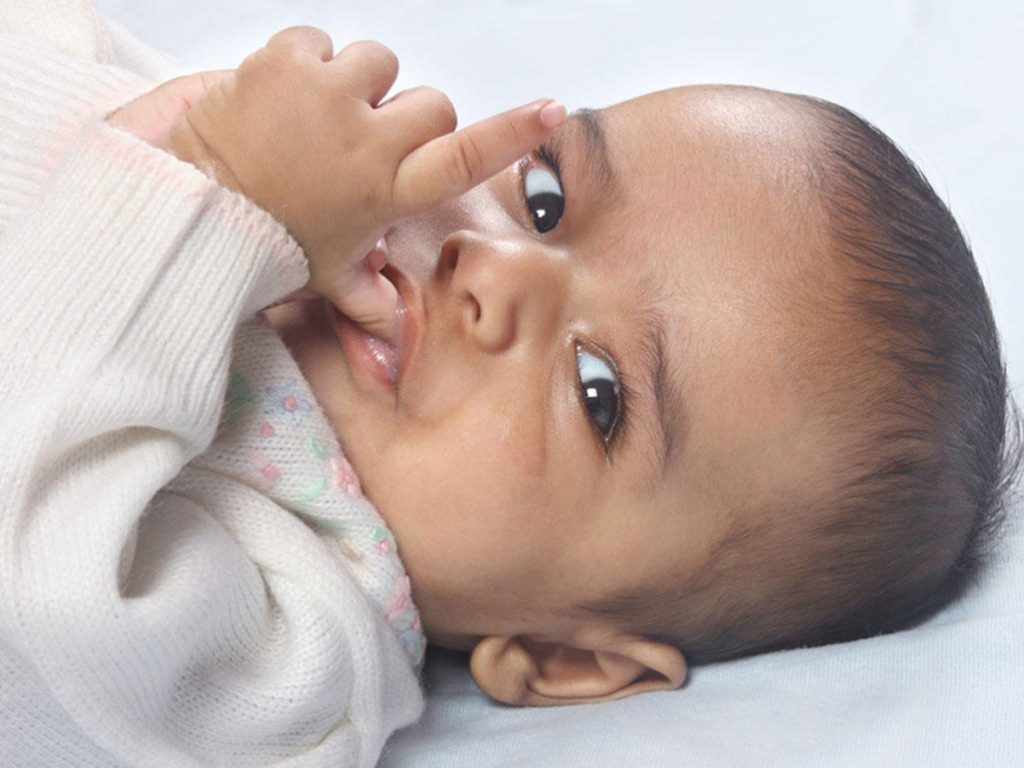
- What medicines are OK to give your baby, and which ones are dangerous? It’s a critical question every parent faces. Trying to figure out what options are safe among the plethora of pharmaceutical choices can be scary, to say the least. Whatever you do, never give a baby these seven medicines:
-
1. Aspirin
- Links have been discovered between aspirin use in children and the rare, potentially fatal illness called Reye’s Syndrome. The risk is especially high when children already have a viral illness, such as a cold, flu or chickenpox. Make sure to also watch out for any off-brand of aspirin as well, as well as any medicine containing the ingredients salicylate, acetylsalicylate, acetylsalicylic acid, salicylamide and phenyl salicylate (these may be used as substitutes for the word ‘aspirin’).
- Unless a doctor prescribes it, never give your child aspirin.
2. Anti-nausea medicine
- Babies should never be given anti-nausea medicine simply because of what baby throw up signifies. Spitting up and throwing up are very common and natural for babies most of the time, and they do not warrant a need for medicine. If your baby seems abnormaly sick (they are throwing up often and becoming dehydrated) then medicine is not the way to go – you should bring your child to a hospital immediately.
-
3. Pills and chewables
No matter the medicine type, if it comes in the form of pills or chewables, steer them clear of your baby. They present a high risk for choking. Don’t assume that a half tablet of a chewable will just dissolve in your babe’s mouth – there’s a risk your child could choke on the tablet before it dissolves.
-
4. Over-the-counter cough/cold medicine
- Research findings show OTC medicines for coughs and colds have little to offer for children under the age of four. In fact, they can have potentially serious side effects, and their longer ingredient list puts children at a higher risk for accidental overdose than other medicines.
-
5. Over-the-counter medicine combined with prescription
- Just because an over-the-counter medicine (like ibuprofen) seems to check out as safe for your little one doesn’t mean you can give it without considering what you’re combining it with. Check with your child’s doctor first before giving your baby multiple medicines.
- Research findings show OTC medicines for coughs and colds have little to offer for children under the age of four. In fact, they can have potentially serious side effects, and their longer ingredient list puts children at a higher risk for accidental overdose than other medicines.
6. Antihistamines
- Antihistamines are used in medicines that block symptoms of allergies and should not be given to any child under the age of two. Antihistamines typically cause drowsiness, and drowsiness-inducing medicine is potentially harmful for babes.
-
7. Medicine prescribed for another person
- This should be a no-brainer, but it’s amazing how reasonable it can sound once you’re in a certain situation. Giving a baby even a small dose of any prescription medicine (other than those prescribed to them, of course) is highly dangerous. Sharing prescribed medicines with others should never be done under any circumstances.
- Of course, when it comes to your baby’s health, you should always consult medical professionals. Doctors can further help you understand what the best medicine options are for your little one.

